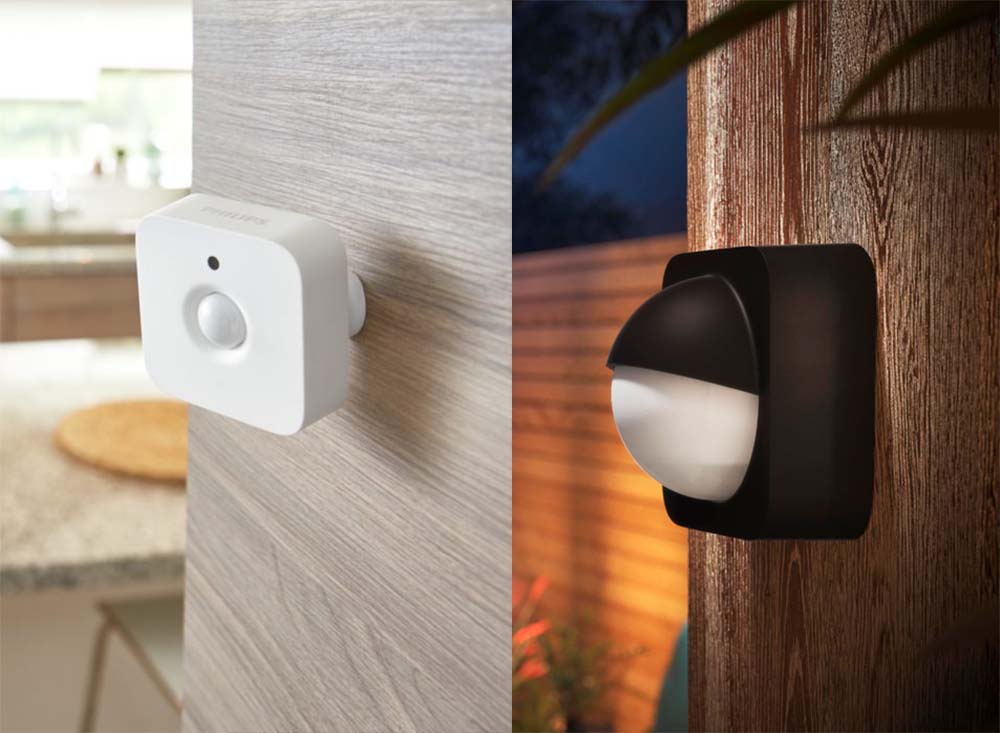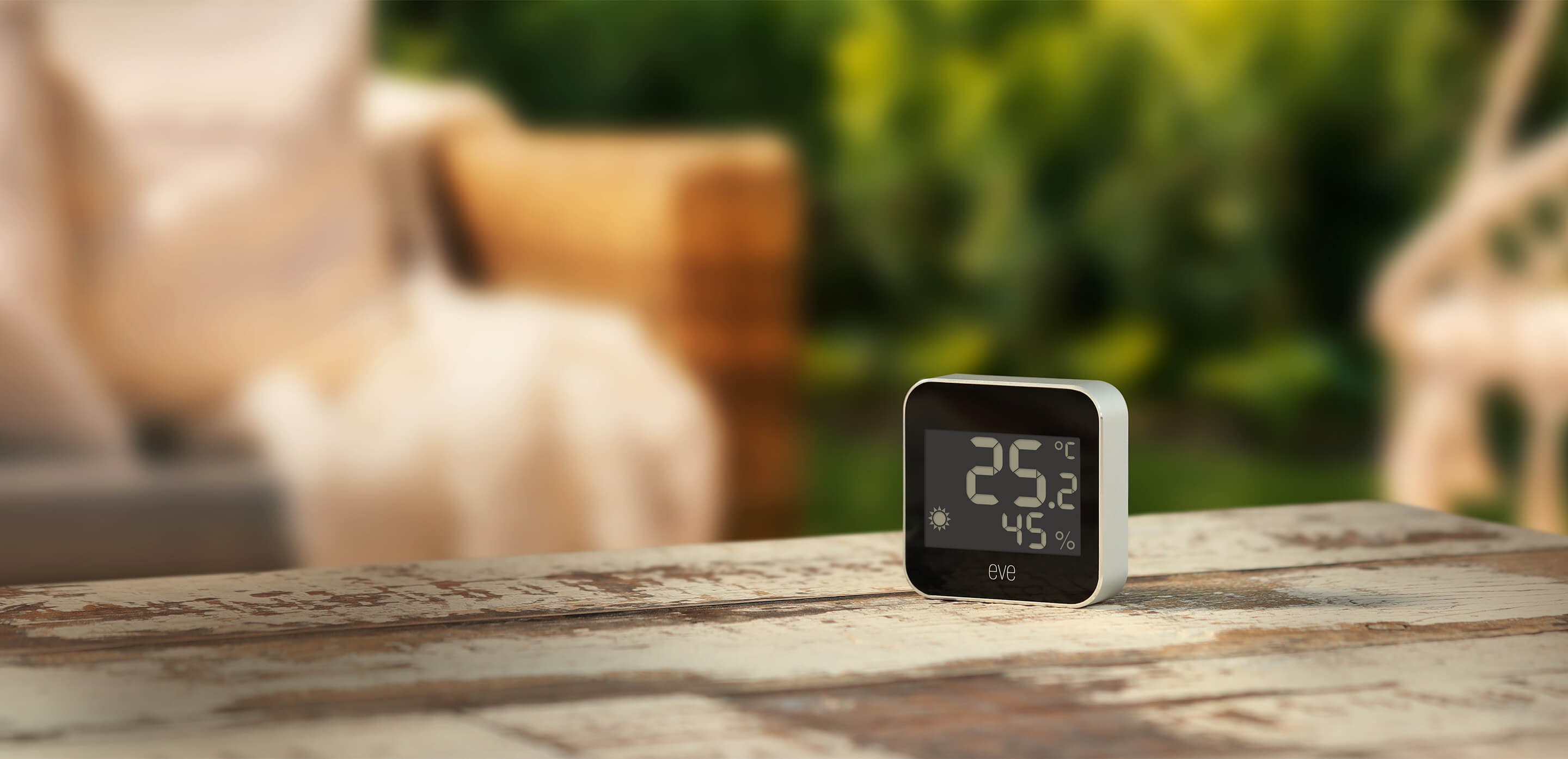If you’re just starting to build out a smart home, look no further than Zack Whittaker’s excellent starter kit guide, which should lay the groundwork for a connected home experience. But if you’ve already taken the plunge and find yourself with the key ingredients in place for a smart home, let’s look at some options that can take it to the next level for a truly divine digital domicile.
For the purposes of this guide, I’m going to assume that the giftee on your list (which can be you, no shame) already has a lot of the basics in place, like smart lighting, a connected thermostat, etc. That said, I’m going to specifically suggest a few things that work with particular brands of the above, like the Philips Hue smart lighting system, which I continue to maintain is the best and most consistently reliable.
This article contains links to affiliate partners where available. When you buy through these links, TechCrunch may earn an affiliate commission. Looking for more ideas? Find our other gift guides here.
Lights you never think about
I have long had smart lighting, across multiple homes over many years. But only more recently did I introduce a key quality-of-life upgrade into the mix that made smart lighting more than just a convenience and into something much more transformative that I now really couldn’t live without.
I’m talking about motion sensors. It may seem simple, but I at first balked at picking any up because they’re actually fairly pricy and rarely go on sale. Specifically, the ones I find the best are the Hue sensors, including both their indoor and outdoor versions depending on your needs. I’ve tried HomeKit sensors (and the Hue sensors can act as HomeKit sensors, too) but they just don’t work as reliably as when you’re working within Hue’s ecosystem with its own smart lights and sensors.
Even after I stopped being amazed by it, guests have many times commented on how remarkable it is to walk through our house and have lights just “magically” turn on when they enter a room or area. Being able to change the light’s intensity and other behavior based on time of day is also key.
Price: Philips Hue Indoor Motion Sensor, $33 on Amazon | Philips Hue Outdoor Motion Sensor, $48 on Amazon
A smart weather station for hyperlocal forecasts
I walk the dog every morning and one thing I’ve become very accustomed to is checking the weather to see how to dress before I leave. A range of apps can offer local forecasts, and a lot are even quite granular, but nothing compares to being able to check the weather immediately outside your door from your device.
There are a number of connected weather stations available, but the best for me in terms of value for money, features and privacy is the Eve Weather. It’s specifically made for HomeKit, so it’s best for people already in the Apple connected home ecosystem, but if that is you or the person you’re shopping for, the Eve Weather is perfect.
It’s an IPX4 water resistance-rated aluminum puck, powered by a single CR2450 replaceable battery. It sets up in minutes, handles all connectivity locally and works with Siri for voice requests about weather conditions. The Eve Weather tracks temperature, as well as humidity and barometric pressure, and can provide you with weather trends for up to 12 hours based on all those signals.
Price: $75 on Amazon
A kitchen staple with just the right amount of smarts
In general, I don’t put a lot of stock in connected kitchen gadgets (see what I did there) but some of the more experienced appliance makers have started to figure out where it makes sense to add smarts to old favorites, and how to do so in a way that results in a reliable and consistent piece of hardware.
Instant Pot is a regular Black Friday shopper’s favorite, but this year it’s worth taking a special look at one item in their increasingly vast range: The Instant Pot Pro Plus Smart Multi-Cooker. This 6-quart cooker has all the pressure cooking goodness you expect out of the brand, as well as steaming, sous vide, rice cooking and more, but it also integrates with a receipt app powered by smart cooking company Drop.
The recipes are great and a nice feature, but my main reason for suggesting this Instant Pot versus others is the handy remote control of functions like cooking time and pressure level, as well as remote pressure release right from your device via the Instant Brands app.
Price: $170 on Amazon
When a light switch is much more than a light switch
I’ve included the Brilliant Control in past TC Gift Guides, but it really is just that good, and usage over time has only reinforced that. The Brilliant Control is a touchscreen smart home controller that you install in place of a standard light switch using existing wiring (it’s easy to do regardless of your level of skill and experience — just remember to cut power at the breaker).
The Brilliant Control panels all include a built-in camera for local network-based video intercom functionality, and the software is compatible with a wide range of smart home devices, including Sonos systems, Hue lights, Ring doorbells and many more. You can assign specific lights and speakers to individual panels, too, so that they can control specifically the lights and playback in the room they’re in.
I can recall some adventurous smart home DIY pioneers trying to cobble together a system like this using iPod touches and hacky mounts, but Brilliant makes it remarkably easy to build a smart home system that rivals a lot of those you’ll find in expensive custom pre-build installations. They also come in up to four-switch panels for whatever bank of switches you want to replace.
Price: Varies based on configuration; as pictured above, $449 from Brilliant
Ditch the keys

Image Credits: Yale
TechCrunch’s Greg Kumparak dropped by to add this one:
Being able to lock your front door from an app — or, better yet, with your voice while lying in bed — rules.
I’ve been using Yale’s smart door lock for years, and I’ve been nothing but pleased. There’s a Nest x Yale version for people in Google’s ecosystem, or the slightly more expensive “Assure” model that’s more broadly compatible with Google, Alexa, HomeKit, etc. The battery life is solid (4 AAs. Buy rechargeables!), and if you somehow ignore the loud “battery low” warning for too long, a 9V battery will kick-start it long enough to let you punch in your PIN.
There’s arguments to be made that physical security shouldn’t be trusted to the cloud … but, for most people, I’d counter that a burglar is more likely to bust in through your window than they are to hack your spaceman door lock.
It’s fairly easy to install, but make sure to double-check it’s physically compatible with your door — and even if it is, don’t be surprised if you have to do some sanding/chiseling to make everything sit just right.
Price: Nest x Yale smart lock, $249 from Google | Yale Assure HomeKit smart lock, $289 from Amazon





